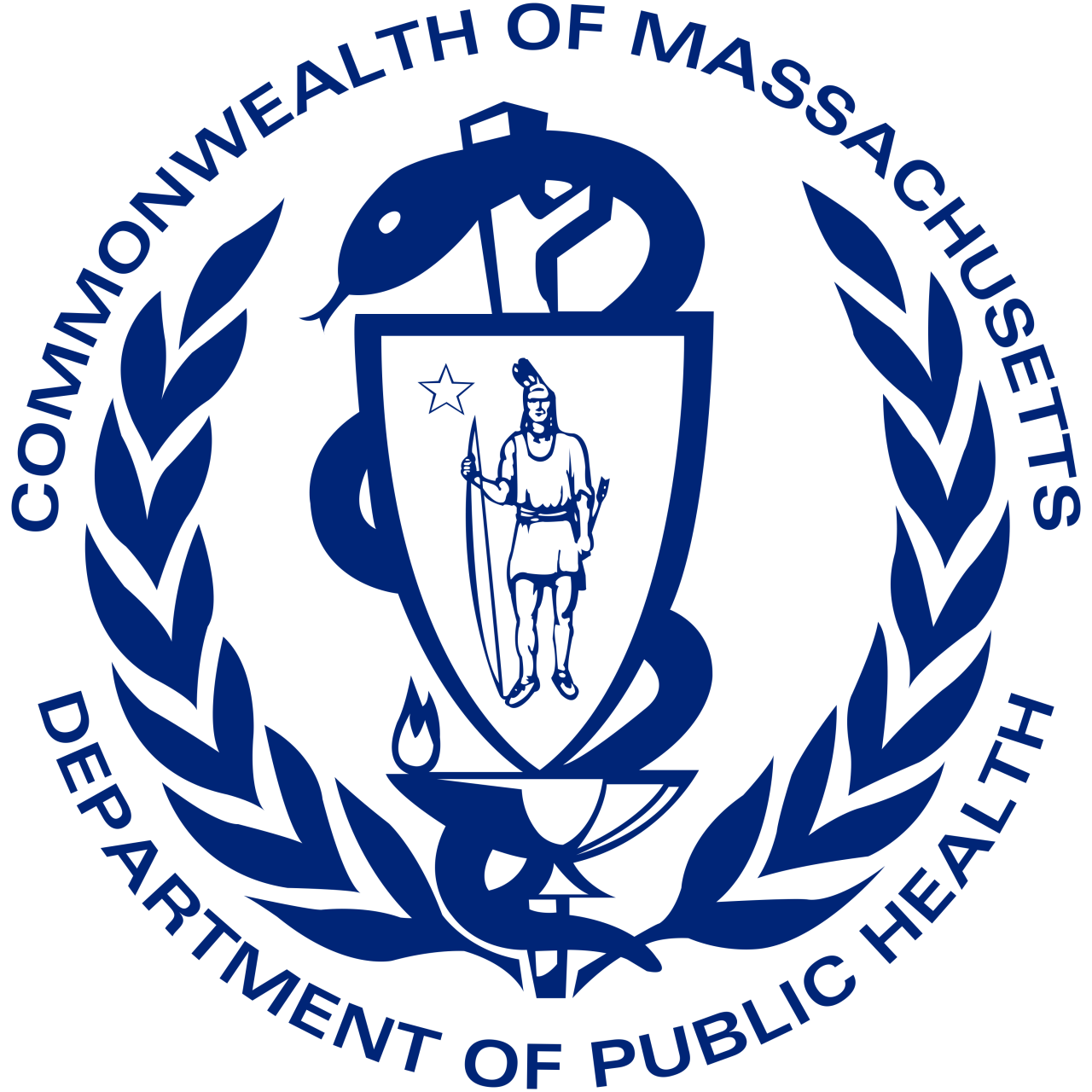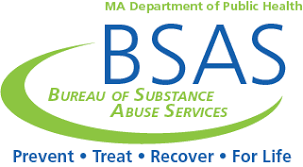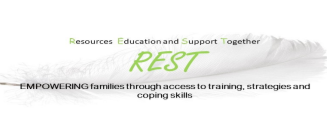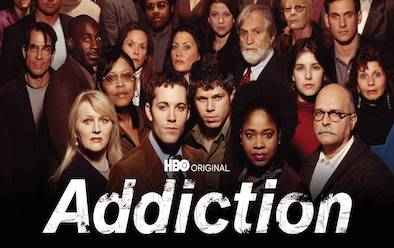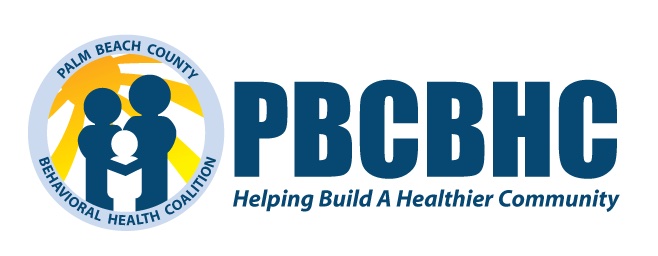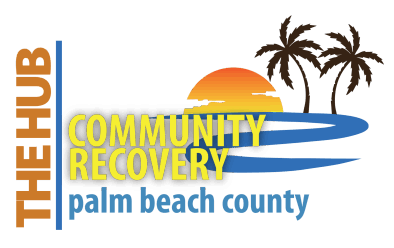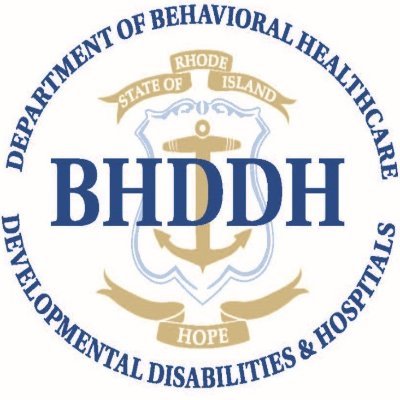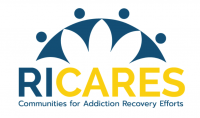Her Baby Was Taken Away. Should This Grandmother Seek Custody?
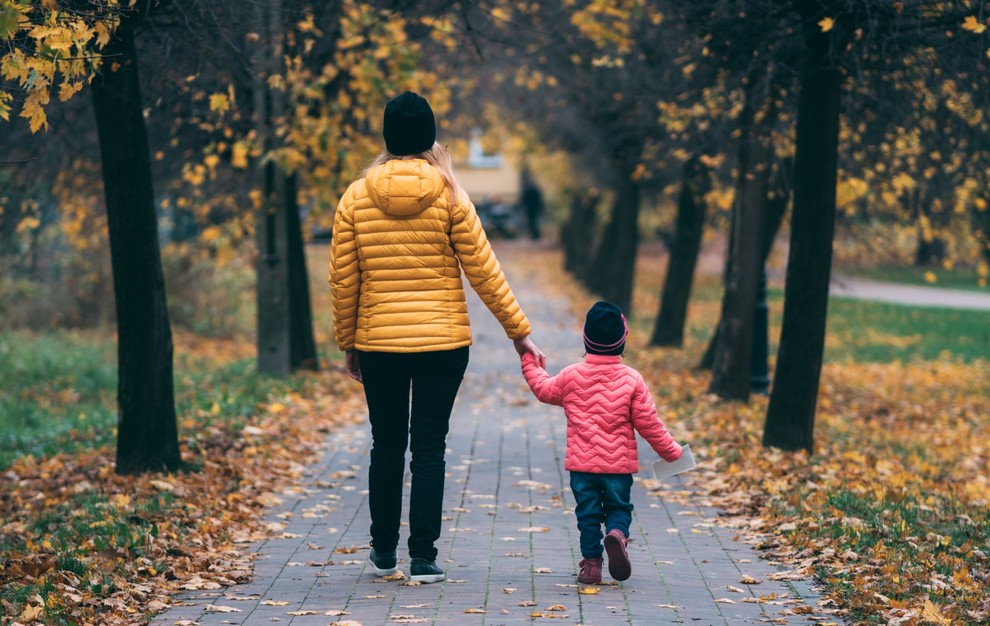
- An Allies member has watched her daughter have both her babies taken away because of addiction. She and her ex-husband are ready to adopt a new approach to communicating with their daughter, to rebuild a bridge and better support her. And what of the children? Should grandma step in and seek custody?
“My daughter just gave birth to her second addicted baby. So now both children have been taken away from her and her boyfriend. I believe he is also using and helping my daughter get drugs. He has several other children from previous relationships that have all been born addicted.
My daughter and the boyfriend live alone. He is in school and she does not work. We believe that he is abusive toward her. She is a very attentive mother and is heartbroken by this. (I am quite aware that a good mother does not use drugs while pregnant.)
Not heartbroken enough to seek treatment. She is also on a suboxone program, but many other drugs were found in her system. Our family has fallen into the trap of telling her what she needs to do, which she doesn’t want to hear. She will confide in us, but then pull away. She is obviously scared or whatever to take the first step.
The boyfriend is enabling for sure and controlling. She doesn’t have a car so she is completely dependent on him. I am considering getting at least temporary custody of the 1-year-old. I cannot handle the infant as I work full time. I don’t know if this is a good idea or not. I am married and my husband will help.
My ex-husband and I are going to really work on the listening and talking techniques to open up the lines of communication, and work toward seeing her at least once a week to build trust and help her be able to work through this. If anyone has any ideas on how to help her, and about taking the baby, I would appreciate it. I do realize this has to be her choice, but I need ideas on how to build up the communication and trust.”
Having a daughter struggling with addiction is difficult enough, but then adding in a love relationship with a boyfriend who also has an addiction, and is possibly controlling and abusive, plus the complexities around losing custody of two children, makes for a tough detangling of how to encourage and move forward.
You’re part-way there with your understanding that “telling” and “forcing” is a losing game
What is totally amazing is how both mom and dad are still focused on how to help and support their daughter and grandchildren. It is wonderful to hear that you already have a strong understanding that it is rarely fruitful to tell or attempt to force our Loved Ones to do what we want or do what we think is the solution to their problems. In fact, it often leads us further and further away from improvement of the situation.
What I also heard in your post is that both you and your ex-husband understand that learning new communication skills, relationship building, and connection, are all strategies that are key in cultivating an environment of trust for your daughter and ultimately improving the situation. All of these principles are integral to the CRAFT approach.
Learn more about CRAFT: On the Allies in Recovery site- “About CRAFT” and on the Center for Motivation & Change site- “WHAT IS CRAFT“.
Our daughter lost custody of her two children. Should I try to get custody?
You are looking for advice on 2 thoughts;
1) Whether as grandparents you should take custody of your 1-year-old grandchild
2) How to improve on the strategies surrounding communication and trust.
We simply cannot know, or tell you, what the best move would be regarding the custody of your grandchildren. We do, however, suggest researching and learning as much as you can — this will help you make sound decisions.
Doing your due diligence and researching all options, when it comes to the grandchildren, will pay off. There is growing support and information out there on this particular topic. I suspect that as the opioid epidemic roars on, we are going to see more and more grandparents raising grandchildren. As the need for support rises, we should start to see more and more support services rising in consequence.
There are some excellent resources for grandparents in your situation
I am not sure where you are located but I want to share some information. Some I already knew existed, but I also discovered new resources by googling “grandparents raising grandchildren.” If you are not in the New England area, maybe you could do the same, including the state where you are from in your internet search. If nothing comes up, call the resources in New England below:
1. There is a group in Rhode Island called Grands Flourish, started by Magdelena Andreozzi. Magdelena is a former attorney who found herself, literally overnight, having to raise her granddaughter. Her organization is really well-informed and can guide grandparents to a multitude of resources. The organization may not be in your area, but she offers online support groups and workshops that you could attend from anywhere. She could probably also direct you to resources in your area. Visit the Grands Flourish website to explore what they have to offer.
2. The Commission on the Status of Grandparents Raising Grandchildren in Massachusetts is also a website loaded with resources for families. There is information on legal and financial support, as well as tip sheets and connections to support groups across the state. If you are not in Massachusetts, you might want to see what supports your state offers. Again, even if this isn’t your geographic area, consider reaching out to this commission, as they may be able to point you to a twin organization near you.
Having heard Magdelena speak, as well as other grandparents who are now raising their grandchildren, the one topic that has come up repeatedly are the legal issues that can often become barriers to helping to create a stable environment for their grandkids.
Getting connected to other experienced grandparents and connecting with groups like the two listed above may help support and arm you with the education and resources you might need. This is the group to raise questions about child protection services in your area.
Family Reunification programs could be just the ticket
There is also a rise in family reunification programs that you might want to look into. These programs are designed in a way that is very collaborative between the family in custody of the children and the birth mom and dad. Many of the cases in these programs have a mom (and/or dad) that lost their child because of addiction. Which brings me to my third organization:
3. The Parent Support Network of Rhode Island has a reunification program that also works with a program for pregnant women with addiction.
A few more similar organizations:
4. First Steps Together (in Massachusetts) is an organization funded by the state that provides support and services to parents of young children (even when they do not live with the parent); parent(s) must have a history including opioid use to qualify (pregnant moms also qualify, for other members reading this post).
5. Moms Do Care (for a similar audience) in Massachusetts – custody of the child is not required to participate; addressing moms with a history of opiate use disorder or stimulant use disorder.
I swear, she’s a good mother!
In your comment you state:
“She is a very attentive mother and is heartbroken by this. (I am quite aware that a good mother does not use drugs while pregnant.)”
I want you to know that no one here at Allies in Recovery is judging your daughter. We believe you whole-heartedly that your daughter is heartbroken and distraught at losing her baby. We also are fully aware that she is suffering from a compulsive illness that compels her to do things that she really does not want to do. We 100% believe that she still loves both of her children very much. It’s just that right now, her illness is getting in the way of being able to take care of them.
I know that it may be after the fact because your daughter has already gone through her pregnancy and the birth of her baby, but I want to let families know that there are programs starting to pop across the country addressing substance use, pregnancy and infant exposure to substances. I think people would be surprised at the advancement in this field and the new innovative approaches that are having positive results.
There are not many groups that are stigmatized more than pregnant women with addiction ; reducing discriminatory acts that come from that stigma might help to encourage more women who find themselves in this situation to seek the medical attention that would be beneficial to both themselves and their baby.
Are Babies born addicted?
Did you know that babies are not born addicted? Addiction includes the behavior of continuing to use a substance even when there are negative consequences. Babies may however, be born dependent. The name for this dependence is called Neonatal Abstinence Syndrome. A baby in this situation has to deal with withdrawal symptoms but is not “addicted.”
IIt is important for moms to understand the risks and benefits of Medication Assisted Treament (MAT) for opioid addiction (such as Suboxone, Subutex, and Methadone) while pregnant; and to find a program that is specific to their needs.
Follow the links below to learn more about Neonatal Abstinence Syndrome and the resources available to help:
We want to improve our communication with our daughter
Your second question around improving your communication skills to better connect with your daughter is a little more straightforward. It sounds like you are already well on your way. I am certain you would find the communication skills we teach at Allies in Recovery to be extremely helpful. The CRAFT approach we use will help you learn how to avoid negative talk, to engage in reflective listening, and to add in positive talk – all so important for connecting with your Loved One with addiction.
Check out a little bit of our training module on positive talk:
I have to send out kudos to you and your ex-husband. Staying focused and continuing to try and find ways to support not only your daughter but also your grandchildren, in the midst of illness and chaos, is praiseworthy. I hope this post will help with some of the burden, and I hope you will keep us updated on your progress. We are here for you; you are not alone, so reach out if you need anything.
Below you will find two online groups offered to Allies in Recovery members that can help support your efforts in learning and implementing CRAFT skills. At the very least, you’ll be connecting with other families and working towards a common goal, which can of course be very supportive.
- Kayla Solomon is trained in CRAFT and is one of the most experienced psychotherapists in the region. She provides an online drop-in group for Allies in Recovery members on Wednesdays at 6:30PM. Visit https://alliesinrecovery.net/live-support-menu/#craftfamily for more details and the ZOOM link.
Laurie MacDougall is the founder of REST, an organization offering online CRAFT-based educational groups for Allies in Recovery members. The goal of these meetings is to EMPOWER families through access to training and education in a caring, compassionate, and supportive environment.
Allies in Recovery provides support and guidance on how to identify and cope with the flood of emotions you are feeling. The CRAFT method teaches us to pause and decide more logically, more thoughtfully, rather than react to raw emotion. At Allies we provide you with information critical to understanding your Loved One’s substance use disorder, the important role you can play in guiding them to recovery.
A membership at Allies in Recovery brings you into contact with experts in CRAFT and the field of recovery and treatment for substance use. Our unique, award-winning learning platform introduces you to CRAFT and guides you through the latest in evidence-based techniques for unblocking the situation. Together we will move your Loved One towards recovery.

